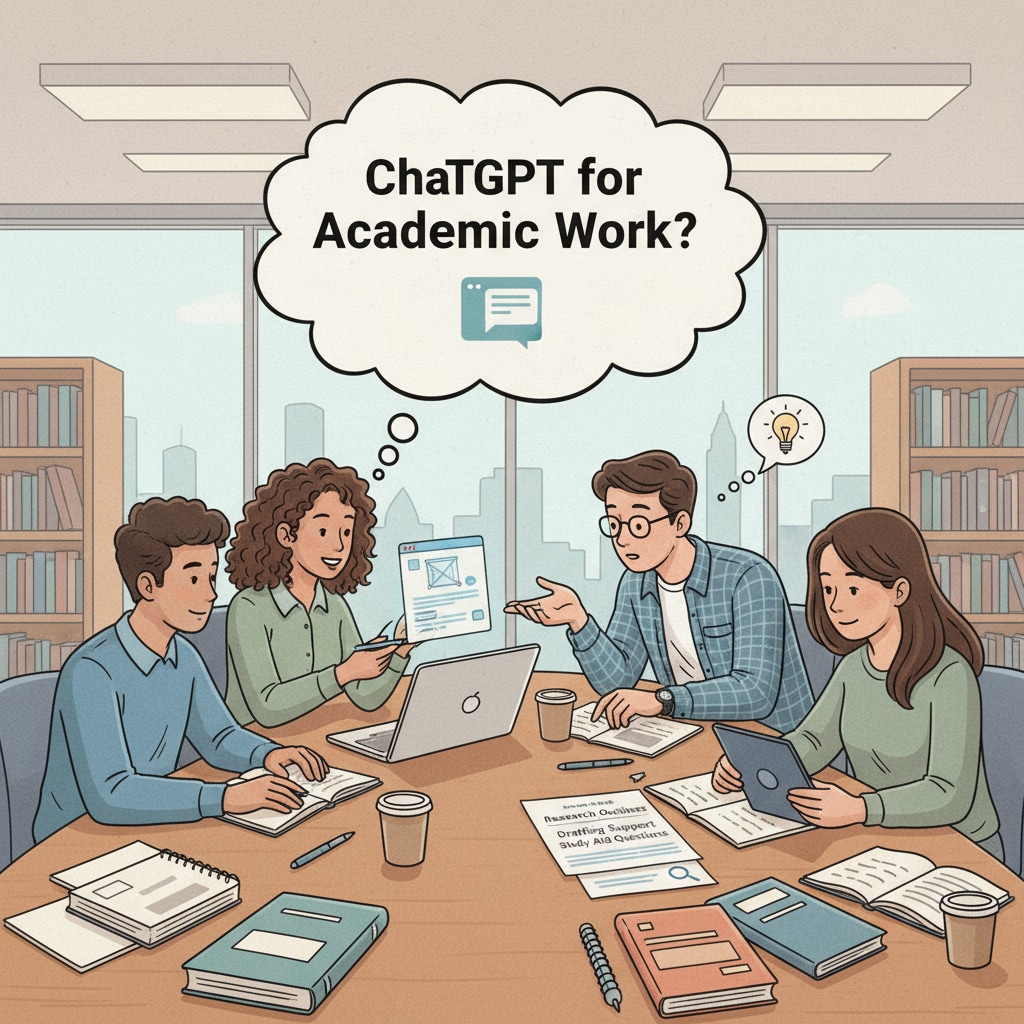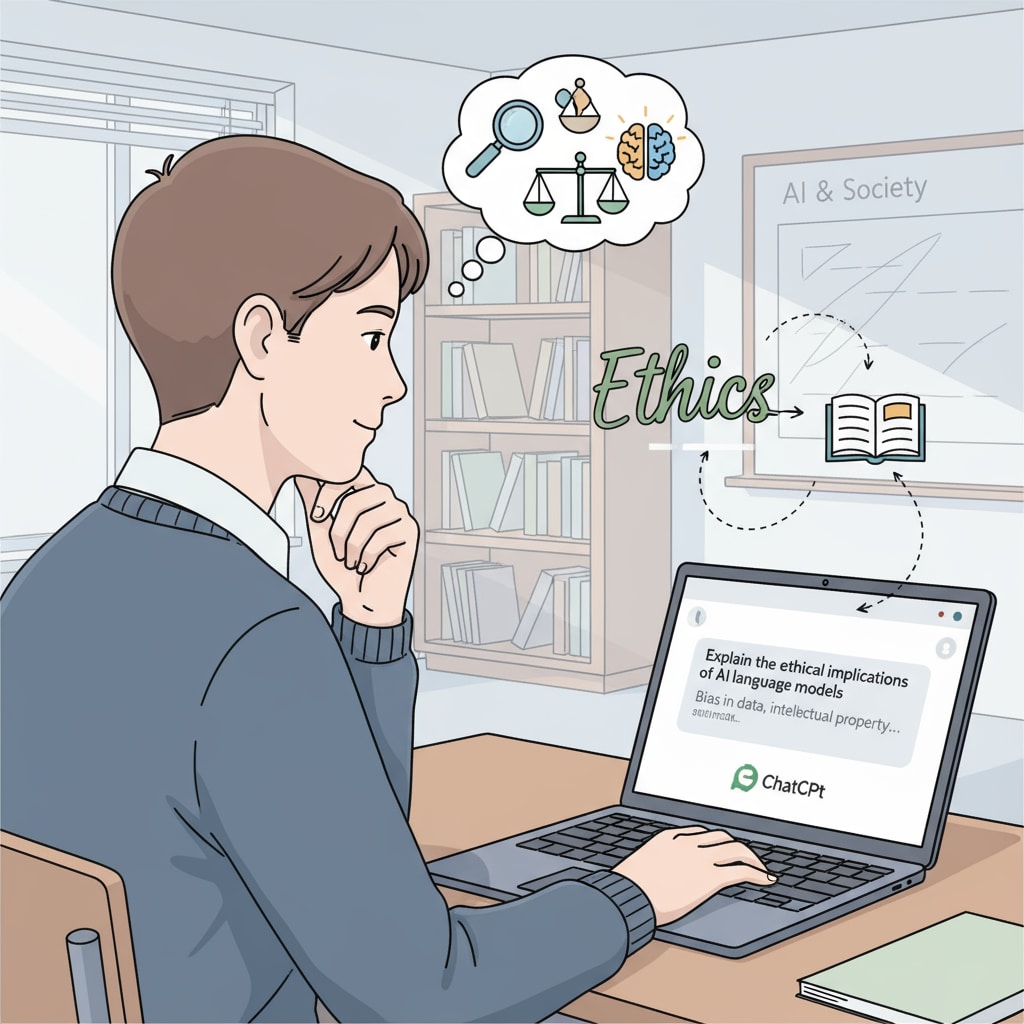In the realm of K12 education, the emergence of AI tools such as ChatGPT has brought to light a complex web of ethical dilemmas, especially when it comes to academic integrity and legal debates. As students increasingly turn to these powerful resources for assistance in their academic tasks, a critical question arises: where does the line between innovation and dishonesty lie?

The Rise of AI in Academic Tasks
The integration of AI into education has been a transformative force. ChatGPT, with its ability to generate human-like text, has become a popular tool among students. For example, in legal studies, students might be tempted to use it to formulate arguments for debates. However, this convenience comes at a cost. According to Academic Integrity on Wikipedia, academic integrity is the cornerstone of educational institutions, and the misuse of AI can undermine this fundamental principle.
The Ethical Conundrum
The ethical issues surrounding student use of AI are multifaceted. On one hand, AI can be a valuable learning aid, providing quick access to information and helping students develop their critical thinking skills. On the other hand, if used to complete assignments without proper attribution or understanding, it becomes a form of cheating. In legal debates, for instance, using ChatGPT to generate pre-written arguments without doing the necessary research and analysis is a violation of academic integrity. As stated by Ethics on Britannica, ethical decision-making requires considering the long-term consequences of our actions, and in this case, the consequences for the educational system and individual students.

To address these dilemmas, educators and institutions need to take proactive steps. This includes setting clear guidelines on the acceptable use of AI in academic tasks. Teachers should also focus on teaching students how to use these tools responsibly, rather than simply banning them. Additionally, new methods of assessing student learning need to be developed to ensure that the use of AI does not go undetected.
Readability guidance: In summary, the use of ChatGPT and other AI tools in academic tasks presents a significant challenge to academic integrity and legal debates in K12 education. By understanding the ethical implications and taking appropriate measures, we can ensure that technology is used as a positive force in learning, rather than a means of dishonesty.


